The plenary session of the specialized forum on Internet technology and engineering “VNNIC Internet Conference 2025” was recently organized by the Vietnam Internet Center (VNNIC) under the Ministry of Science and Technology on July 25 in Hanoi.
This event is the highlight of a series of activities taking place from July 22 to 25, bringing together more than 400 leaders, CEOs and leading experts from home and abroad, affirming the central role of the Industrial Internet in the digital transformation and modernization of the country.
The role of the industrial Internet
Speaking at the plenary session, Mr. Nguyen Truong Giang, Deputy Director of VNNIC, emphasized: “Vietnam is in an important transition of digital infrastructure, from traditional connection platforms to connection of all things: devices, sensors, connection systems, smart manufacturing”.
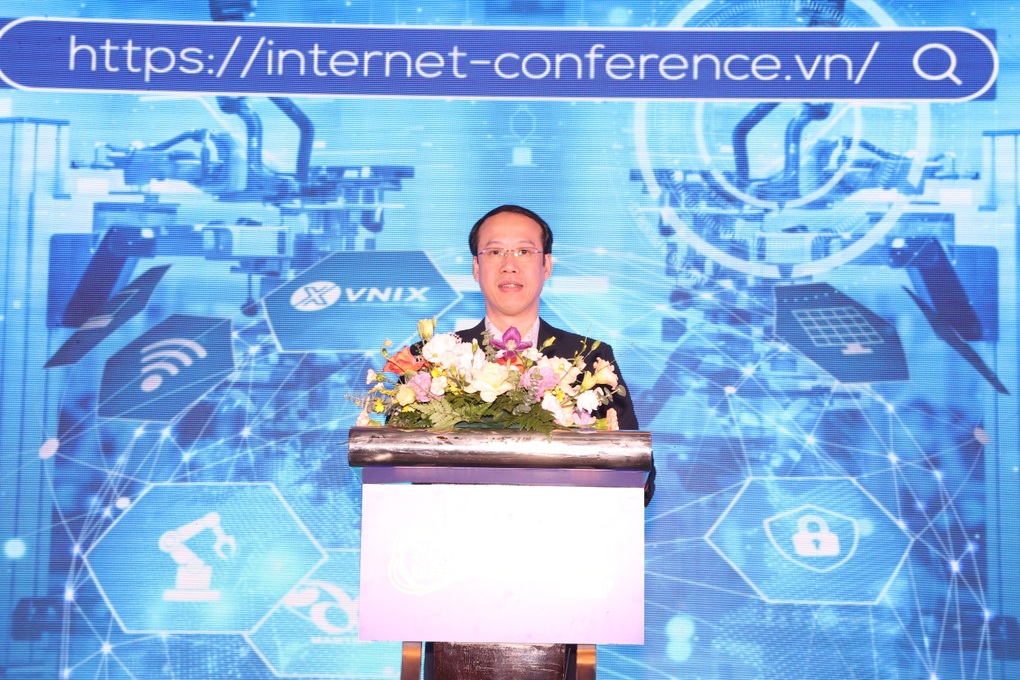
Mr. Nguyen Truong Giang, Deputy Director of Vietnam Internet Center (Photo: BTC).
According to Mr. Giang, the industrial Internet is not only a trend but also a core foundation for growth model innovation, production modernization, smart urban development, smart transportation, and smart healthcare .
“We believe that a strong, open, and reliable Internet infrastructure is a prerequisite for developing an autonomous, innovative, and globally connected Vietnamese industrial Internet,” said Mr. Giang.
Vietnam has taken many steps to prepare for the development of the industrial Internet, including the national digital transformation strategy, digital infrastructure development strategy, especially Resolution 57 of the Politburo orienting socio-economic development associated with science and technology, innovation and digital transformation.
Vietnam is ready for the Industrial Internet
During the roundtable discussion, VNNIC representatives, managers and experts all affirmed that a strong, open and reliable Internet infrastructure is a prerequisite for developing an autonomous, innovative and globally connected Vietnamese industrial Internet.
Vietnam has determined that digital infrastructure must have super-large capacity, super-wide bandwidth, be universal, sustainable, smart, open and secure.
To meet the huge connectivity, low latency and high reliability needs of industrial Internet applications, Vietnam is focusing on policy directions and strategies for developing national digital infrastructure, including:
- 5G development: The goal by 2030 is to cover 99% of the population, with major carriers such as Viettel and VNPT taking the lead.
- Prioritize digital infrastructure in key areas: Including transportation, energy and industrial zones.
- Encourage public-private partnerships (PPP): Attract investment and promote cooperation between the state and businesses.
- Business support: Policy to support the development, research and production of strategic technology products, including reverse engineering and inviting foreign experts.
In particular, IPv6 is considered the foundation of IoT and industrial Internet connectivity.
Sharing with reporters, Mr. Nguyen Hong Thang, Director of Vietnam Internet Center, said: “Converting to IPv6 is an inevitable trend, because IPv6 creates an almost unlimited address space and creates opportunities for all things to connect with each other, called the Internet of Things.
As we move to the Internet of Things, objects will have addresses and identifiers in cyberspace, connected end-to-end, securely and with low latency.
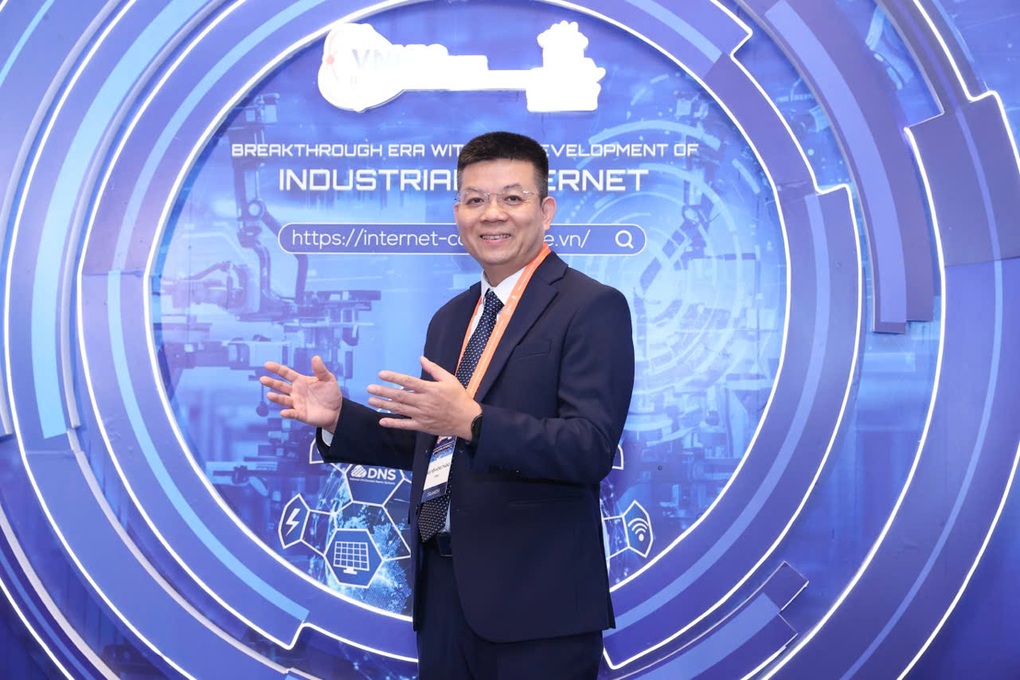
Mr. Nguyen Hong Thang, Director of Vietnam Internet Center (Photo: VNNIC).
Mr. Thang emphasized: “Those are the basic elements to create an industrial Internet foundation. Switching to IPv6 is not only a step to convert the current Internet network to a new generation of Internet addresses and protocols, creating a new digital infrastructure and a new, more powerful and creative digital space according to the direction of Resolution 57, developing a modern, safe, efficient and economical digital infrastructure”.
With each person being able to use up to 4 IoT devices, IPv6 only is the solution for Vietnam's industrial Internet, aiming to completely switch to IPv6 only by 2030-2032, gradually not using IPv4.
Opportunities and challenges for businesses
With the government's guidance and support policies, Vietnamese enterprises face many great opportunities in the era of the industrial Internet.
Experts point out that Vietnam possesses a strong telecommunications infrastructure, data center platform, cloud computing services and available AI, which is a solid foundation for industrial applications.
Besides, of the 11 strategic technologies issued by the government, 2/3 are directly related to the Industrial Internet (AI, IoT, automation), opening up more space for research and development of "Make in Vietnam" products.
At the same time, the cooperation between the State, businesses, universities and startups has created an innovative environment, helping to master technology and solve specific problems of Vietnam.
However, there are still many challenges to overcome to achieve this goal.
The first is the shortage of high-quality human resources, especially in new technology fields. Many IoT devices and standards are not yet synchronized, making large-scale deployment difficult, along with the lack of specific business models to encourage partners to participate in the ecosystem.
Domestic IIoT components and devices are still limited (IIoT: Industrial Internet of Things), it is necessary to increase domestic production capacity. Finally, the issue of information security is a key factor and must always be a top priority in any IIoT deployment solution.
Source: https://dantri.com.vn/cong-nghe/viet-nam-day-manh-internet-cong-nghiep-nen-tang-phat-trien-kinh-te-xa-hoi-20250725180756582.htm






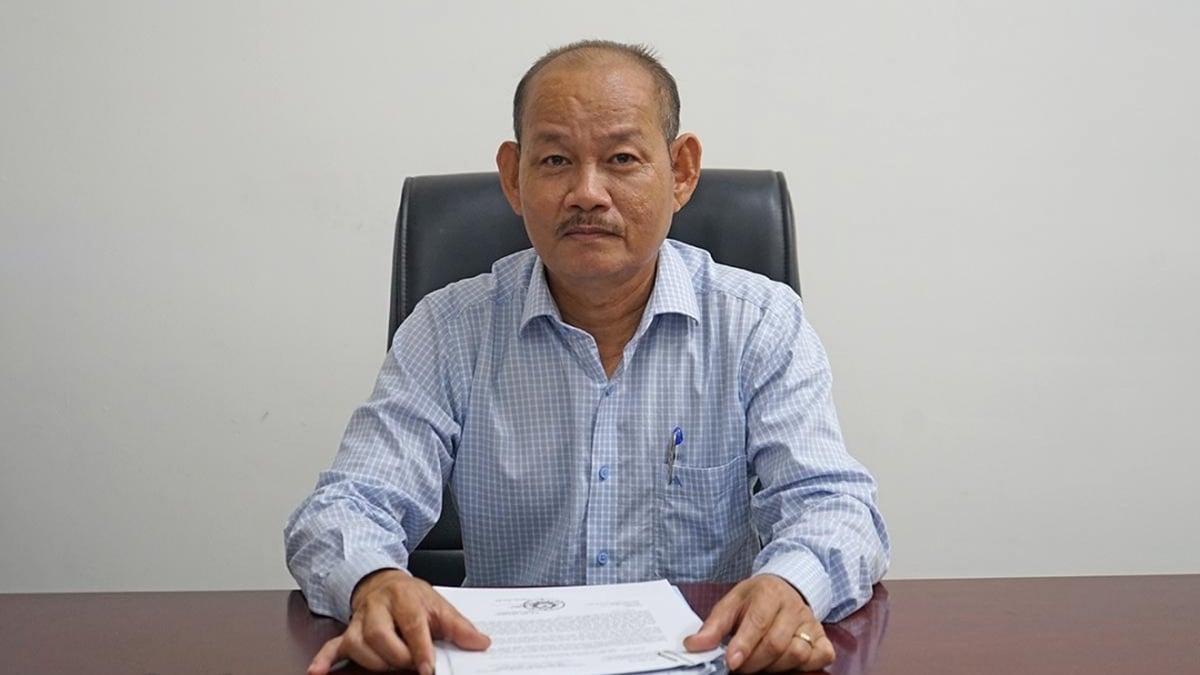


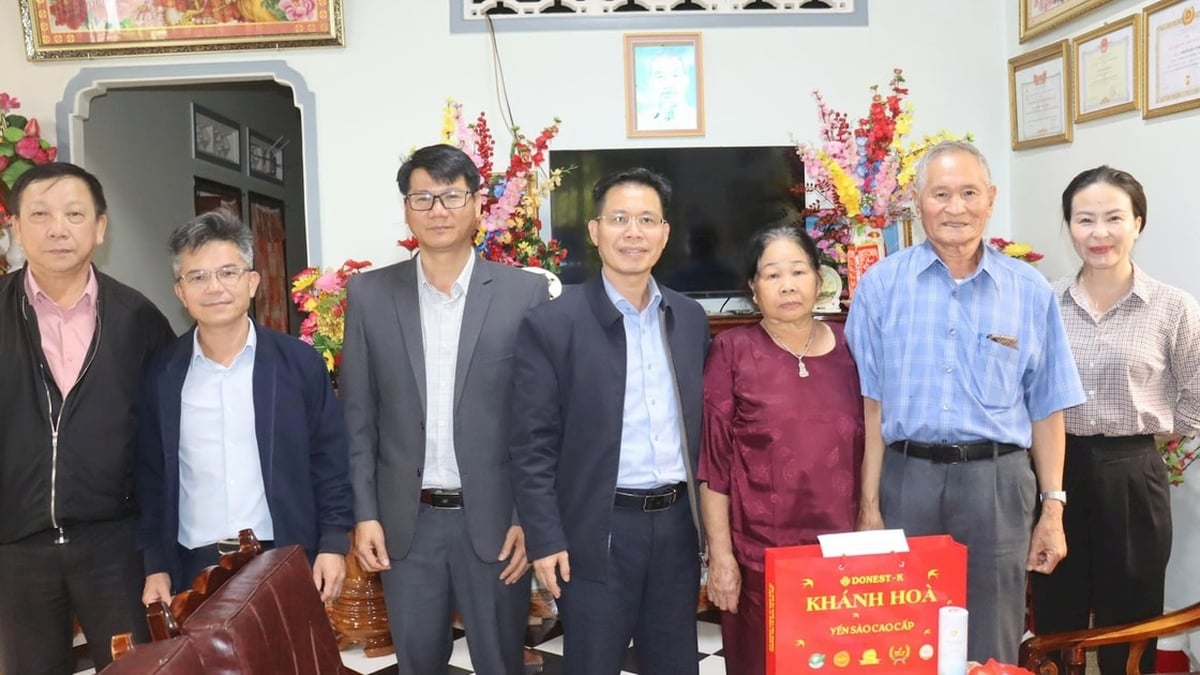
























































![[Photo] National Assembly Chairman Tran Thanh Man receives Chairman of Morocco-Vietnam Friendship Association](https://vphoto.vietnam.vn/thumb/402x226/vietnam/resource/IMAGE/2025/7/26/b5fb486562044db9a5e95efb6dc6a263)
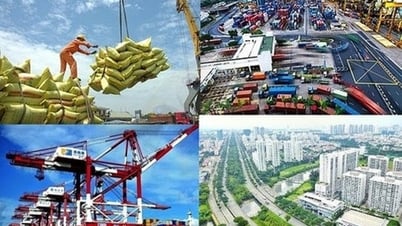


































Comment (0)